The 12 greatest TV westerns of all time, from Deadwood to Maverick
There was a time when westerns ruled the small screen, often taking the form of action-packed weekly morality plays. Now that they have been reinvented for a new audience, Graeme Ross rounds up the genre’s best
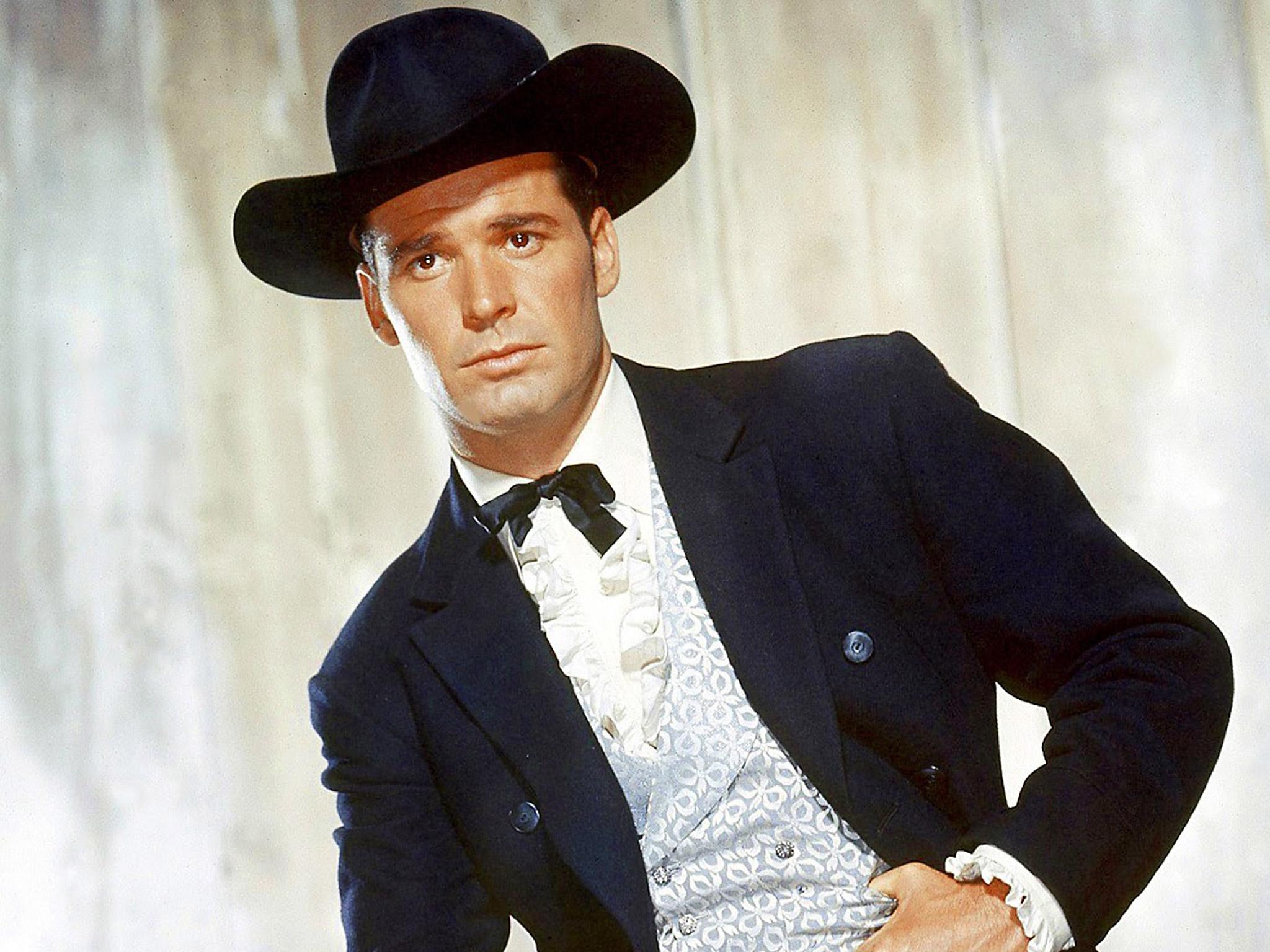
Your support helps us to tell the story
From reproductive rights to climate change to Big Tech, The Independent is on the ground when the story is developing. Whether it's investigating the financials of Elon Musk's pro-Trump PAC or producing our latest documentary, 'The A Word', which shines a light on the American women fighting for reproductive rights, we know how important it is to parse out the facts from the messaging.
At such a critical moment in US history, we need reporters on the ground. Your donation allows us to keep sending journalists to speak to both sides of the story.
The Independent is trusted by Americans across the entire political spectrum. And unlike many other quality news outlets, we choose not to lock Americans out of our reporting and analysis with paywalls. We believe quality journalism should be available to everyone, paid for by those who can afford it.
Your support makes all the difference.In 1959, the top four most popular television shows in the United States were westerns. From humble beginnings the small-screen horse opera became a TV staple and cultural phenomenon in the 1950s and 60s, and many are still on regular repeat today.
The television western was no less popular in the UK and indeed worldwide. In more innocent times, the values and tropes preached by such dramas struck a chord with audiences. A catchy theme tune and the natural beauty of the American west also helped.
Often dismissed as glorified soap operas, many TV westerns addressed social issues such as racism and prejudice in a more forthright and articulate manner than their cinematic counterparts. So influential was the television western that when Gene Roddenberry was trying to sell Star Trek to television execs, he pitched it as “Wagon Train to the stars”.
And now, in the 21st century, it seems the television western is making a comeback. Beginning with the notorious Deadwood in 2004, which redefined how we viewed the genre, there has been a succession of high-quality small-screen westerns, including several contemporary hits such as Longmire and Justified that although set in the modern day, carry many of the hallmarks of the classic western.
Here’s a round-up of a dozen of the greatest television westerns.
12. Alias Smith and Jones (1971-73)
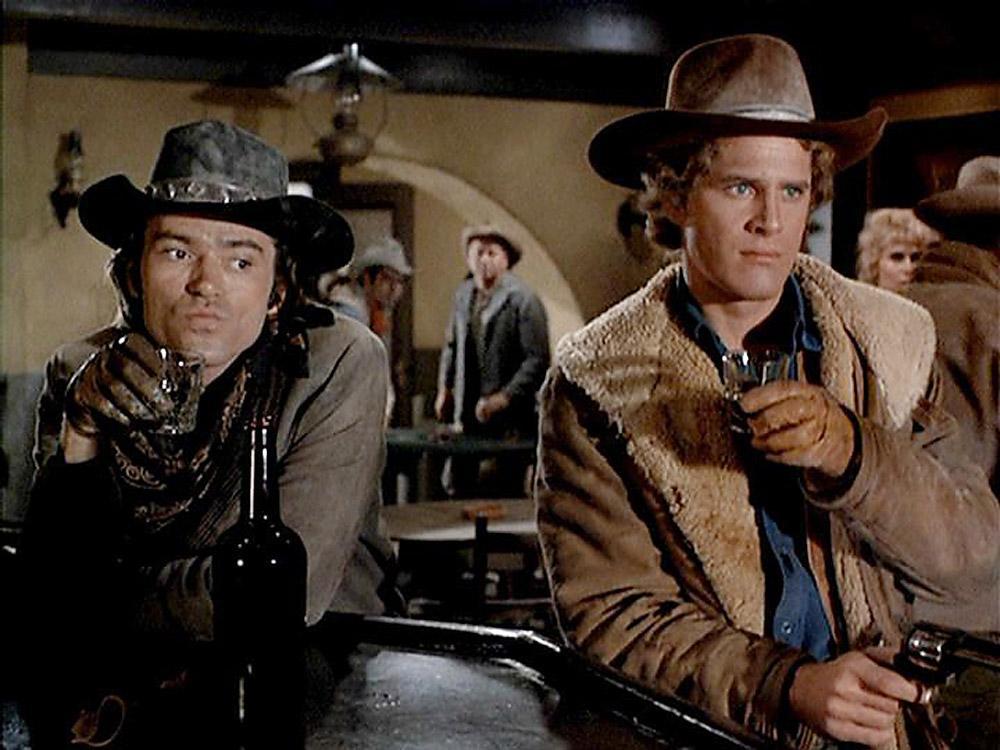
Cashing in on the success of, and clearly modelled on, the 1969 movie Butch Cassidy on the Sundance Kid,Alias Smith and Jones starred Pete Duel and Ben Murphy as two likable outlaws Hannibal Heyes and Kid Curry trying to reform in search of an amnesty. The show was hugely popular thanks to the charm of the two leads, amusing storylines and outdoor locations, and even survived the death by suicide of Duel, after which he was replaced by the show’s narrator Roger Davis.
11. Hell on Wheels (2011-2016)

Centring on the lawless encampment that serviced the building of the first transcontinental railroad in post-Civil War America, and the various characters that lived, worked and died there. Hell on Wheels recalls the classic era of television westerns with its gritty portrayal of America’s westward expansion in this realistic blend of fact and fiction.
10. Kung Fu (1972-75)

Apposite timing ensured that this mystical East meets West(ern) rode the crest of the martial arts craze of the early 1970s. Much derided and parodied through the years, thanks to occasionally risible dialogue, Kung Fu followed the adventures of Shaolin monk Caine, perfectly played by David Carradine, as he wandered the old American West in search of his brother. Along the way, Caine helped the oppressed and needy and tried to resolve situations through peaceful means, before inevitably being called upon to demonstrate his martial arts skills in brilliantly choreographed slow motion.
9. The Rifleman (1958-63)
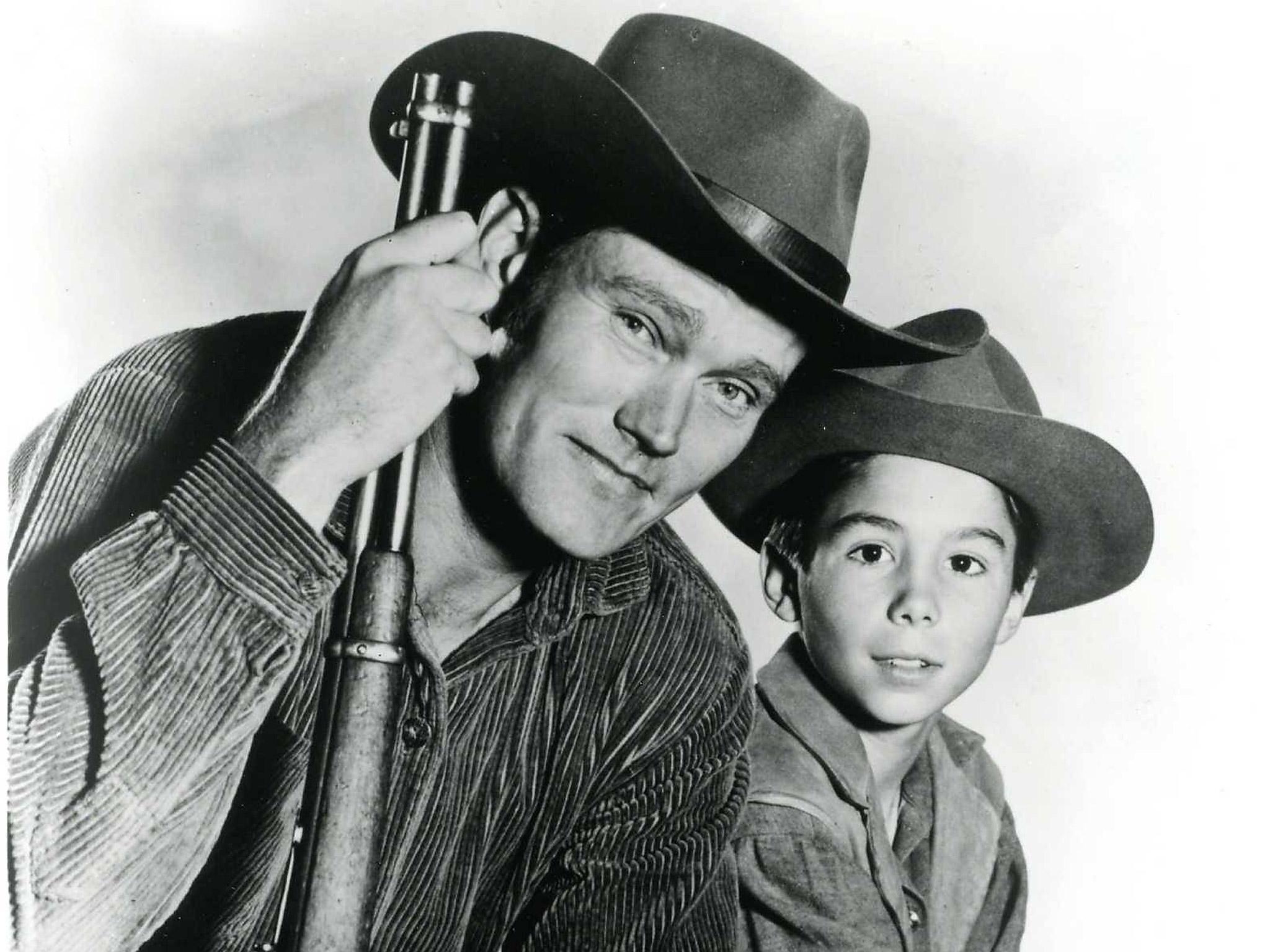
Legendary western director Sam Peckinpah earned his spurs developing The Rifleman, which starred Chuck Connors as lone parent Lucas McCain, a New Mexico rancher. McCain’s skill with a rapid fire customised Winchester rifle saw him being called upon to right wrongs while upholding his strong moral values and imparting life lessons to his young son, who always seemed to eat his entire body weight in every show.
8. Rawhide (1959-66)

A small screen Red River, the longest cattle drive in history was notable for an impressive list of guest stars such as Claude Rains as a drunken lawyer with a fondness for quoting Robert Burns. Spending so much time on the trail and strong subject matter such as racism and prejudice lent Rawhide a gritty realism resulting in probably the most cinematic of all television westerns. The star of the show, Eric Fleming as the tough but fair trail boss Gil Favor, is almost forgotten now, and Rawhide is more famous for Clint Eastwood’s Rowdy Yates and the beloved theme song by Frankie Laine.
7. Bonanza (1959-73)
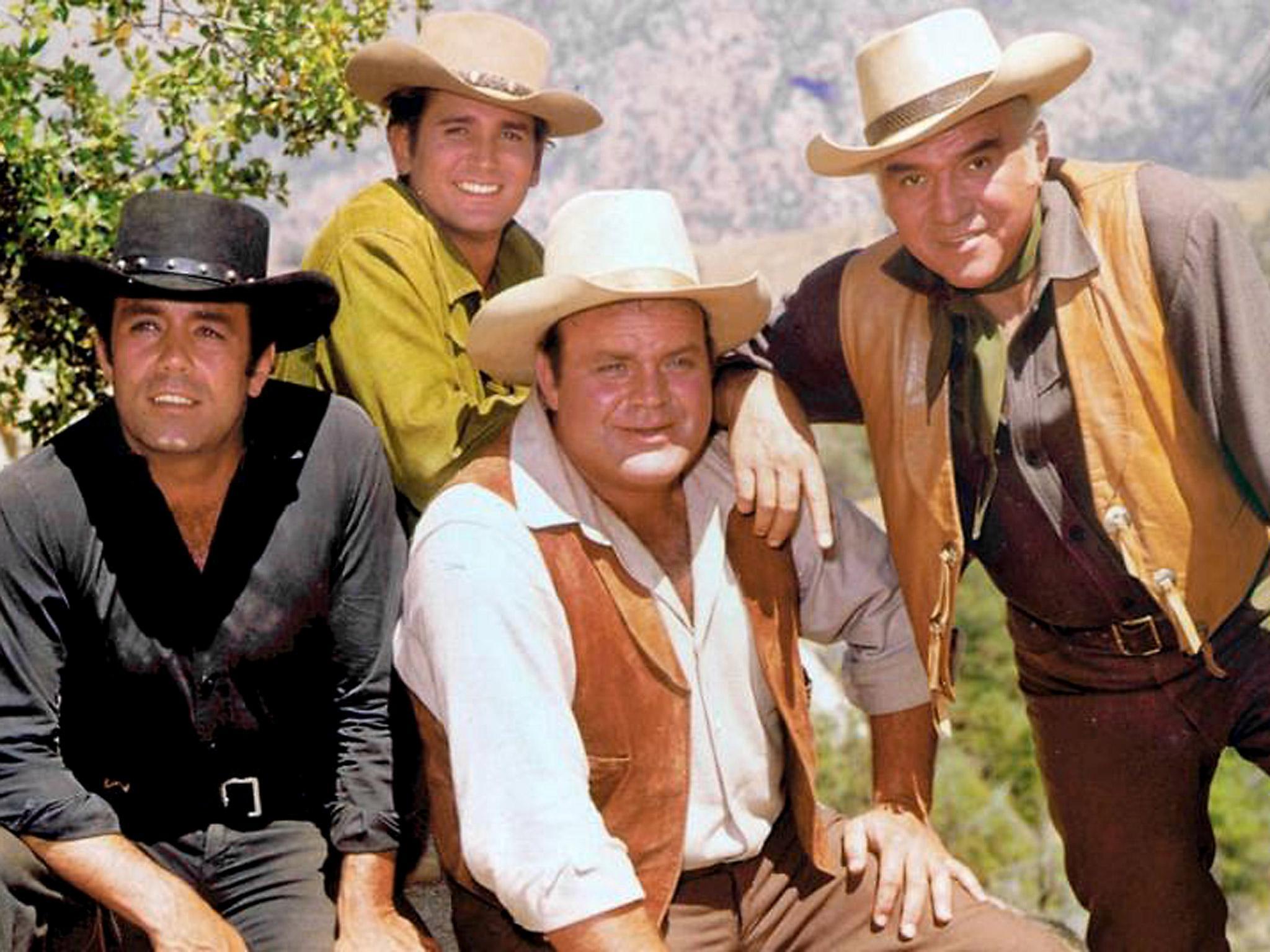
Second only to Gunsmoke as the longest-running Western series and broadcast in colour from the off, Bonanza followed the lives of the close-knit Cartwright family, Ben and his three sons: educated Adam, warm-hearted, loveable giant Hoss, and impulsive Little Joe. Bonanza boasted a memorable theme tune and an arresting title sequence as a map of Virginia City is engulfed in flames revealing the four men on horseback.
Early episodes had the Cartwrights warring with just about anyone who wandered onto the Ponderosa, their sprawling Nevada ranch, and as Del Boy once observed in Only Fools and Horses, any woman involved with the Cartwrights usually died. However, over time they mellowed as the family frequently found themselves involved in other people’s problems, which were usually solved by Ben’s strong sense of justice.
6. Wagon Train (1957-65)
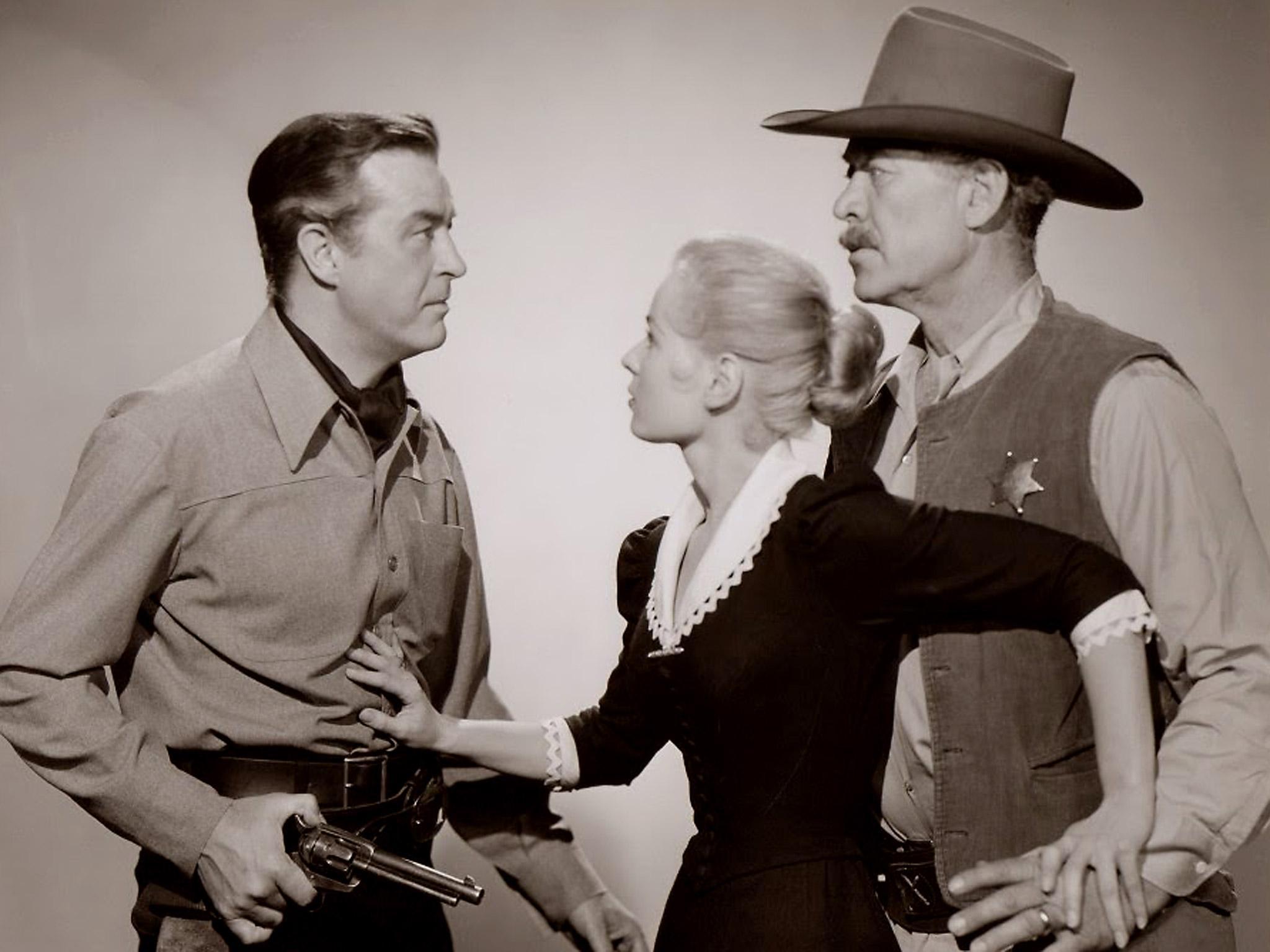
The epitome of the classic television Western from the genre’s golden age, Wagon Train was hugely popular on both sides of the Atlantic thanks to its mix of action and character study, plus top-notch guest stars including John Wayne and Bette Davis. Inspired by John Ford’s Wagon Master, Wagon Train featured Ward Bond as Major Seth Adams perennially leading settlers from Missouri to California, and Robert Horton as his scout.
Bond had probably appeared in more great movies than any other actor, including Gone with the Wind, The Maltese Falcon and It’s a Wonderful Life, but Wagon Train made him a huge star of the small screen as the gruff but kindly Adams. He died suddenly though, in 1960, and the show was never quite the same without him.
5. Have Gun, Will Travel (1957-63)
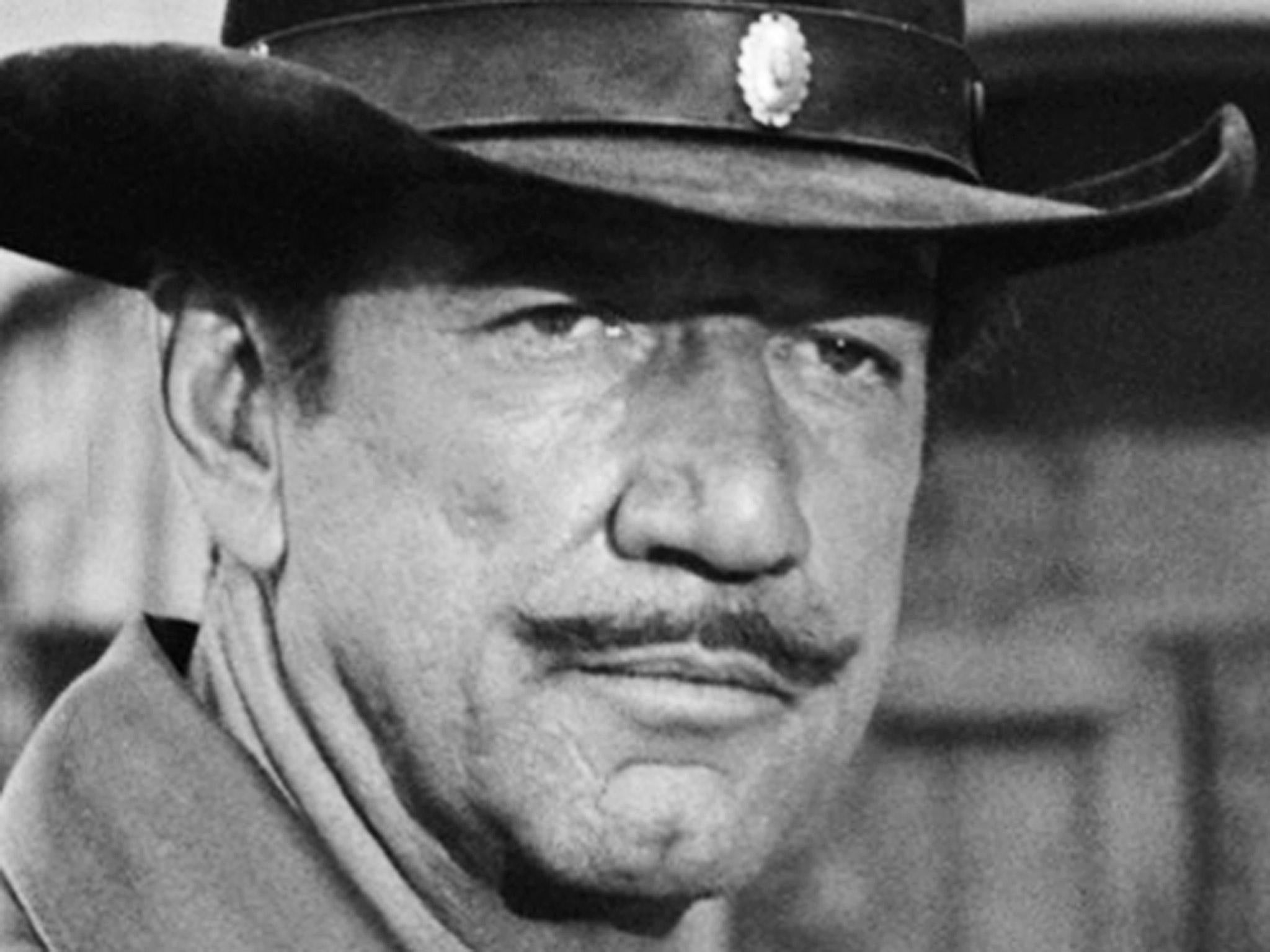
Sophisticated, educated knight-errant gun for hire Paladin, played by Richard Boone is the good guy dressed all in black who sported a white knight on his holster and carried business cards engraved with “Have Gun, Will Travel. Wire Paladin, San Francisco”. And when Paladin did leave his palatial hotel suite it was to seek justice on behalf of anyone willing to meet his standard fee of $1,000. But the plot would often be turned on its head as Paladin changed horses in midstream to side with the downtrodden if his client turned out to be a varmint.
4. Maverick (1957-62)
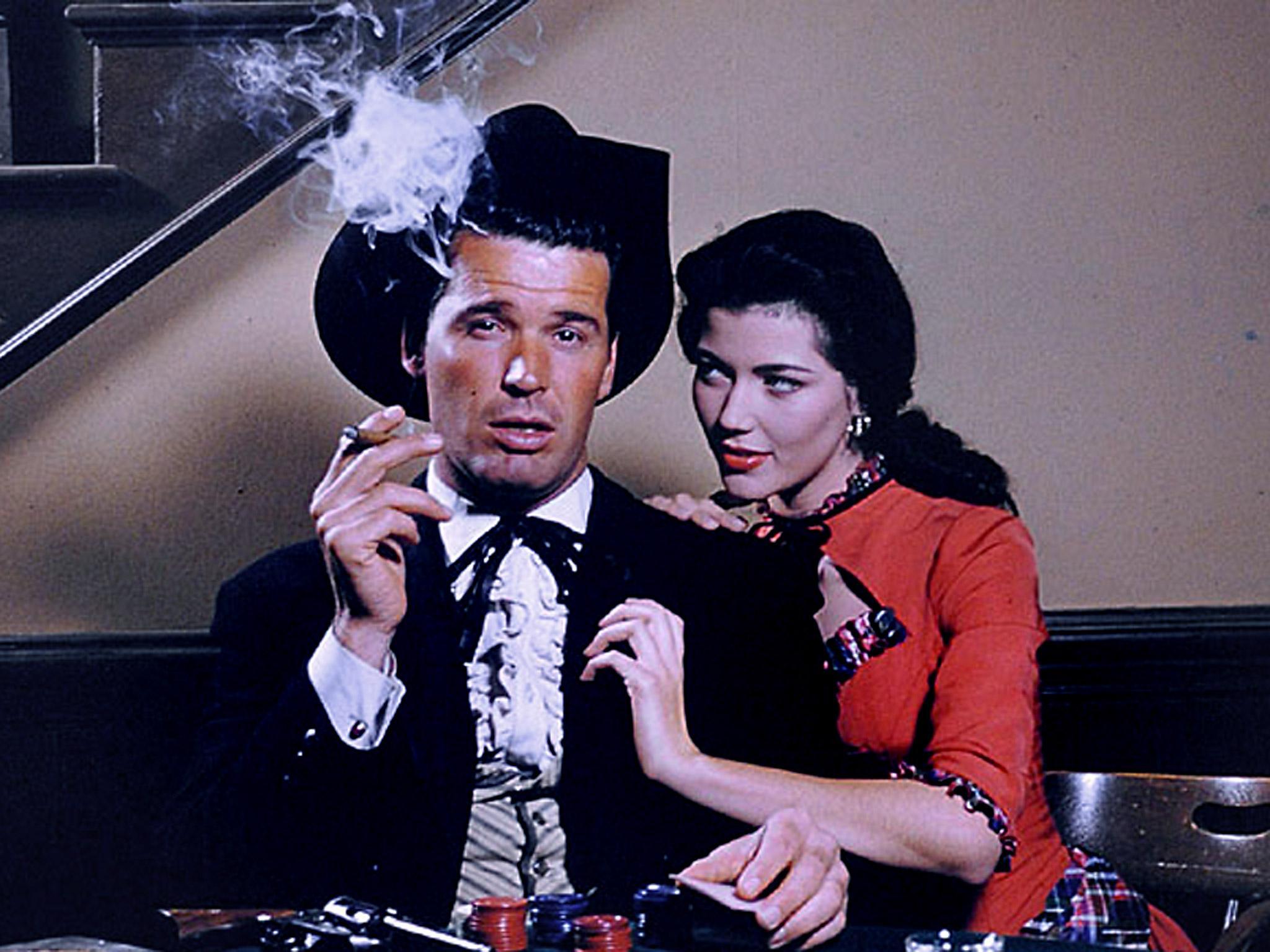
The series in which James Garner honed his affable laid-back persona as gambler and conman Bret Maverick. An equally suave Jack Kelly was Bret’s brother Bart, and later episodes featured Roger Moore as their cousin Beau. Fond of referencing his pappy’s cracker-barrel philosophy, Garner’s Maverick was a likeable rogue who would rather talk his way out of trouble than resort to gunplay. Maverick was renowned for its hilarious spoofs of other top programmes of the era including a particularly funny send up of Bonanza set at the Subrosa ranch with Joe Wheelright and his sons Henry, Moose and Small Paul.
3. Deadwood (2004-06)

Taking revisionism to a whole new level and winner of eight Emmys, Deadwood revitalised the television western while scandalising purists. The antithesis of golden age westerns blurred the lines between the good guys and the bad guys with its portrayal of real-life and fictional characters. The town of Deadwood is a cesspit of depravity and iniquity and this is reflected in the brutal action, profane dialogue, and expertly drawn characters such as town boss Al Swearengen (Ian McShane), as venal a character as ever found in the television medium, yet strangely alluring and identifiable to audiences.
2. Gunsmoke (1955-75)
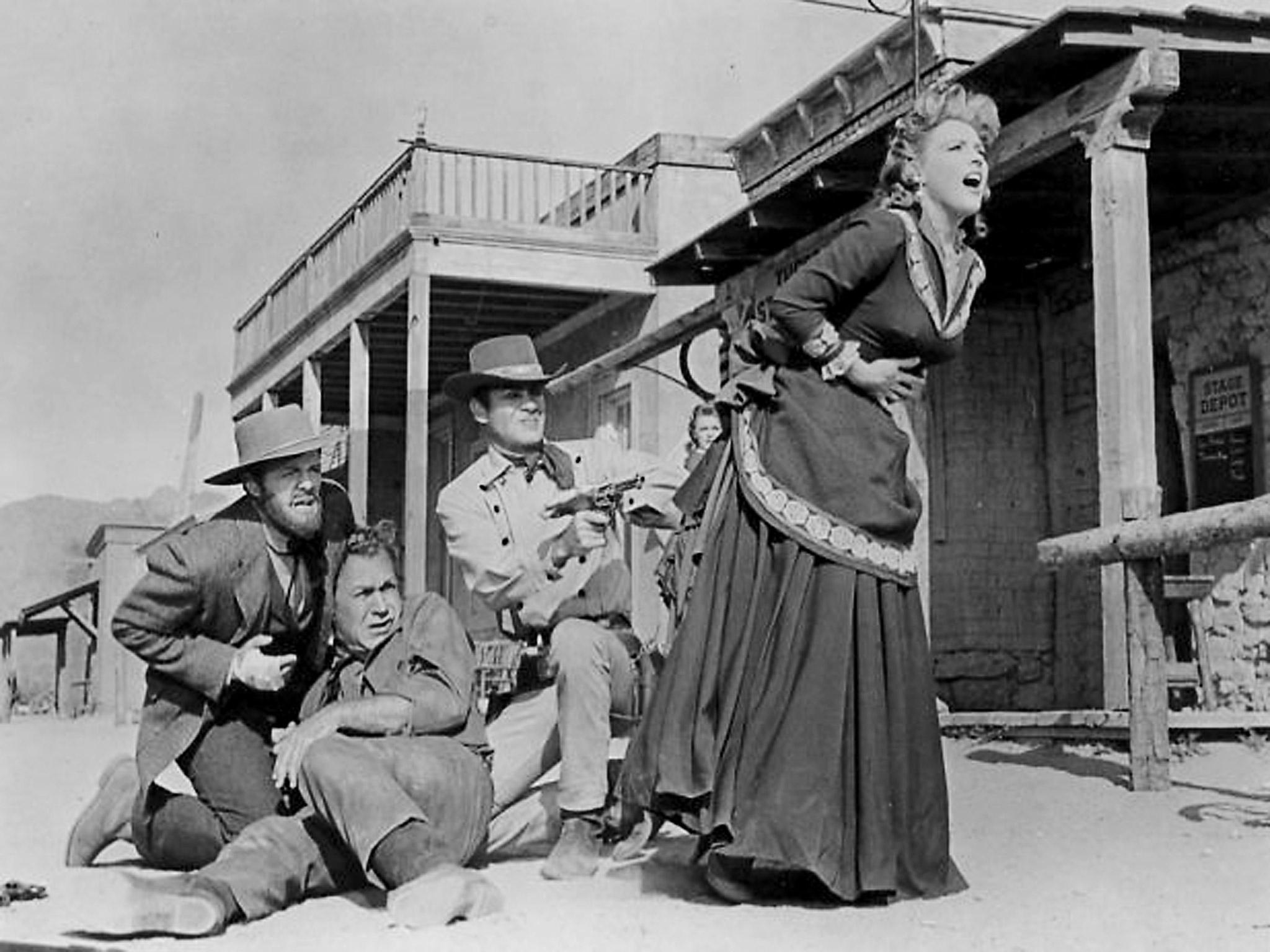
The longest running TV western and the first of the so called “realistic” westerns, the much loved Gunsmoke starred James Arness as Matt Dillon, marshal of Dodge City in the 1880s. Arness was recommended by John Wayne for the part, and in fact Wayne introduced the first ever episode. Gunsmoke was the first TV western to tackle adult themes, with prostitution, child abuse and other previously taboo subjects featured.
No-nonsense Dillon dispensed sound advice and ruthless justice in equal measure as town marshal and protector of an extended proxy family that included saloon madam Miss Kitty, wordly-wise Doc Adams and a succession of comic-relief deputies including Dennis Weaver as the limping Chester, and a young Burt Reynolds. A remarkable 635 episodes were made and thanks to the wonders of the internet, most can still be viewed.
1. Lonesome Dove (1989)
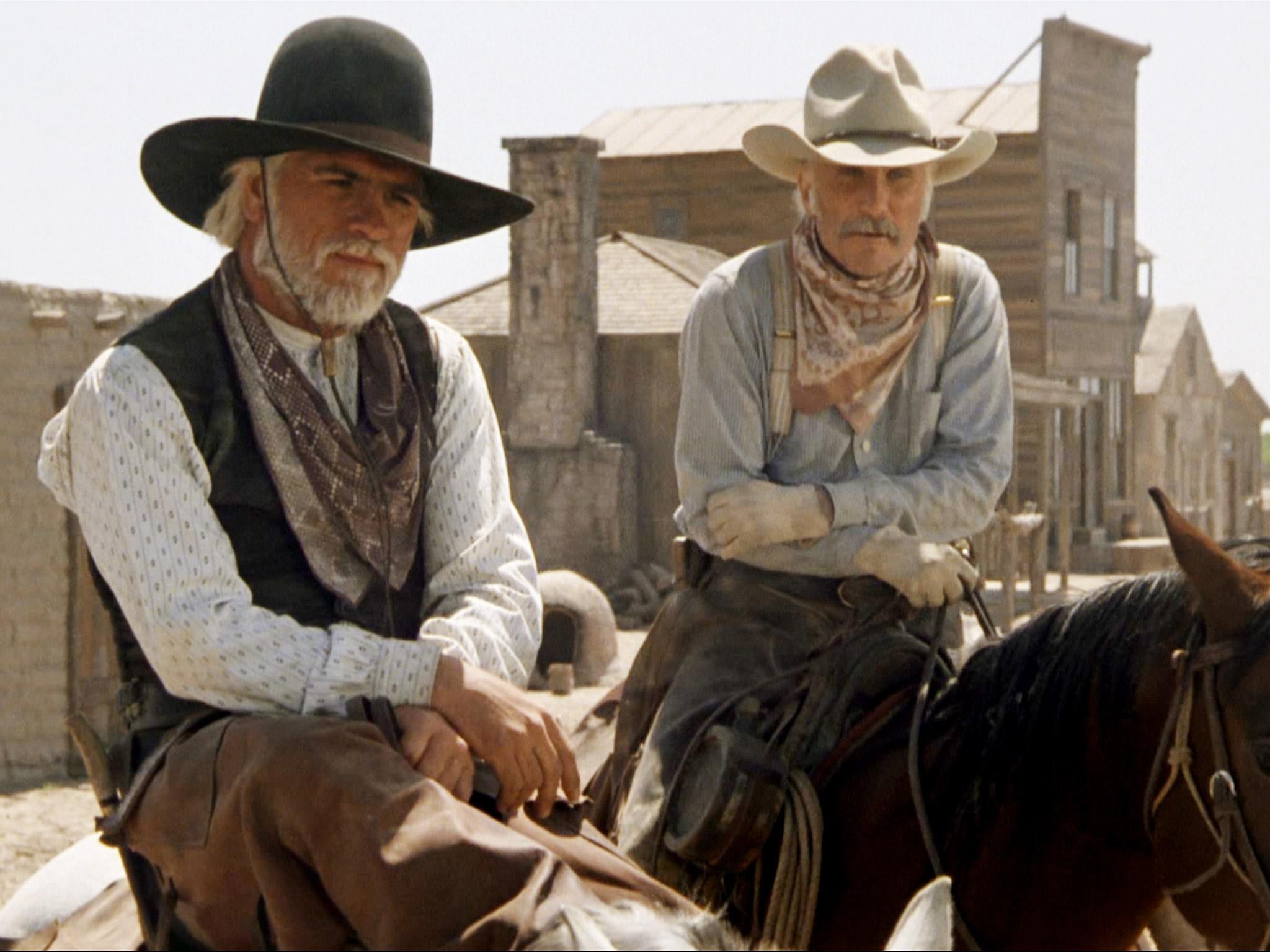
Featuring an ensemble cast with all principals on top of their game, none more so than Robert Duvall in the role of a lifetime as rascally, life-is-for-living Texas Ranger Augustus McCrae, this adaption of Larry McMurtry’s Pulitzer Prize novel won seven Emmys and is a breathtaking master class in conception, acting, music, direction and cinematography.
Duvall and Tommy Lee Jones play two retired Texas Rangers who embark on an epic cattle drive to Montana and along the way encounter Indians, outlaws, lost loves, triumphs, failures and death. Interestingly, McMurty had originally devised the story as a film script, which fell through, with John Wayne and James Stewart in the lead roles.



Join our commenting forum
Join thought-provoking conversations, follow other Independent readers and see their replies
Comments